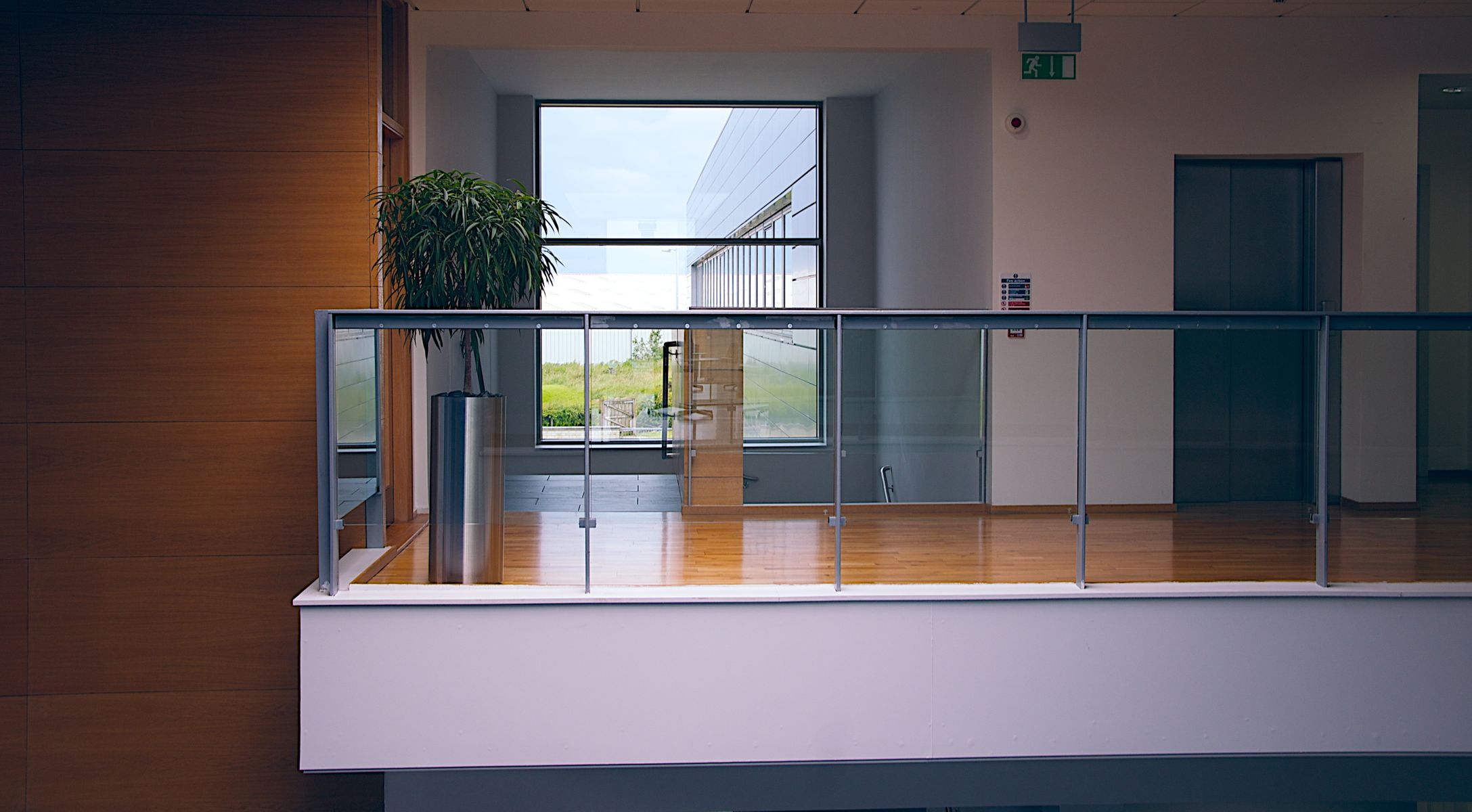Rentvesting is not new, but is now an increasingly growing trend that sees property buyers renting a property where they want to live and purchasing an investment property in a suburb they can afford. This practice challenges the traditional approach to home ownership and is a different pathway for those wanting to break into the property market.
The strategy of course is that purchasers can potentially have their cake and eat it too. It is a home-owning strategy where they rent a property to live in that’s right for their lifestyle, while they purchase an investment property that is right for their budget. Ideally they can afford to rent where they want to live and the surplus funds that would normally contribute to a mortgage on a live in property, can be put to work buying an investment property elsewhere and deriving a stream of rental income.
For example, a purchase in a beachside suburb may see mortgage repayments of $3500 a month, however the rent on a similar property in the same location, may cost you $2000, resulting in a surplus of $1500 a month to invest. The rule of ensuring this strategy is successful is absolutely investing those funds to build your wealth and not spending it elsewhere.
Rentvesting may not suit everyone and, for many it may not make sense, why pay off a mortgage and rent at the same time? Wouldn’t it be easier to just buy your home? The truth is there is no right answer, it depends on your personal variables i.e. budget, life stage, lifestyle choices etc.
So what are some of the pros and cons of rentvesting?
|
PROS |
CONS |
|
You get to live where you want:
There are many reasons why you may want to live in a particular area; better schools, a safer neighbourhood, a bigger house, or proximity to lifestyle amenities and/or family/work |
Your home may be less secure:
There is always the chance that you will be asked to vacate – property could be sold or owner may want to move in. As a renter, the landlord has rights and control over the property, which can create uncertainty for tenants. Your rent could increase – forcing you to adjust your budget. |
|
Potential tax benefits*:
You may be able to claim some investment property expenses as tax deductions. These include the interest charged for loans, rental costs like insurance and advertising, depreciation costs, maintenance and property management fees. |
Capital Gains Tax liability*:
There are negative tax consequences. If you own the house you live in, you are exempt from paying capital gains tax (CGT) if you sell it. Whereas if you sell your investment property, you are liable to pay tax on the profit you make |
|
Reduced costs at rented home:
As a tenant, you are generally not responsible for any maintenance costs caused by natural wear and tear. Costs of maintenance, rates and insurance are borne by the landlord. |
Home ownership costs:
As a Landlord, you are generally responsible for any maintenance costs, rates and insurance. Likewise you have obligations to maintain the property to a safe and liveable standard. |
|
Rental income:
You can use the rental income and tax advantages to pay down the mortgage on the property |
No First Home Owners Grant:
Rules vary depending on the state or territory, however new home buyers who will NOT occupy their property for the first year, are exempt from qualifying to access the First Home Owners Grant (between $7,000 and $29,390. |
There is so much more to consider, but Rentvesting works best when there’s a noticeable difference between what it costs to buy versus rent in the same area.
As every investor is different, goals are varied and finances can determine borrowing power, people should always get independent financial advice.





